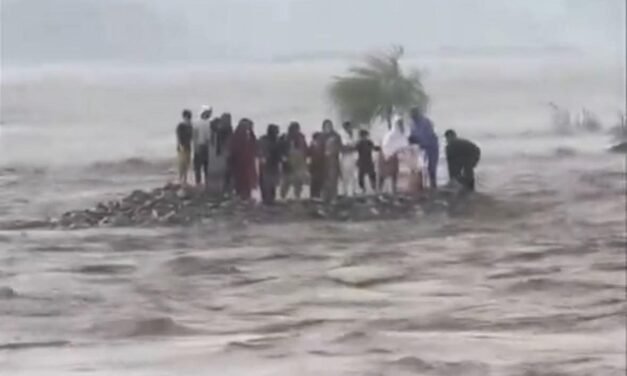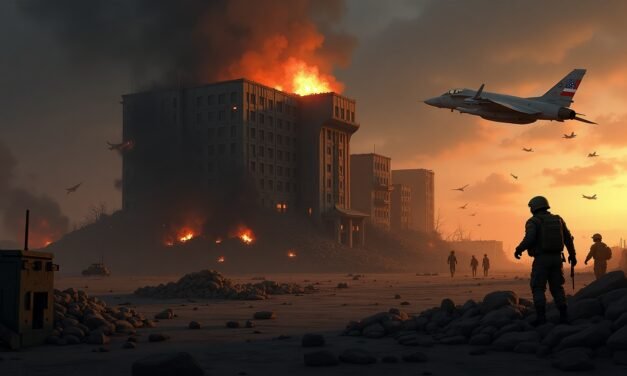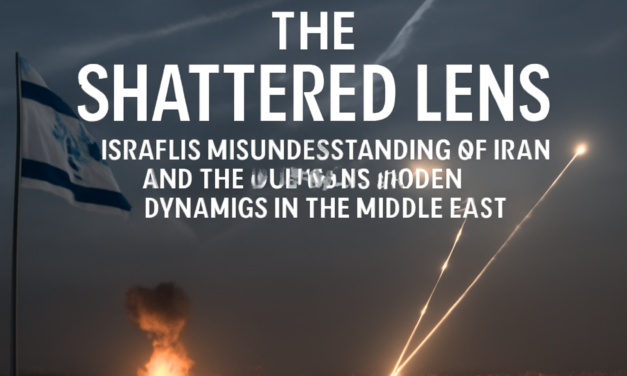One Dead, 15 Injured in Two Separate Accidents
SWAT: A tragic day in Swat saw one man killed and 15 others injured in two separate accidents on Monday. According to Rescue 1122 Swat, the first incident occurred when the brakes of a three-wheeler failed, causing it to plunge into a deep ravine. The driver, 28-year-old Salman, was killed on the spot, while four others sustained injuries. The injured individuals have been identified as Zubair (25), Nauman (30), Mane (28), and Islam (32). In the second incident, a Suzuki vehicle lost control and crashed near the Kedam Police Checkpost in Bahrain, injuring 11 seminary students. The children, who...
Read More




